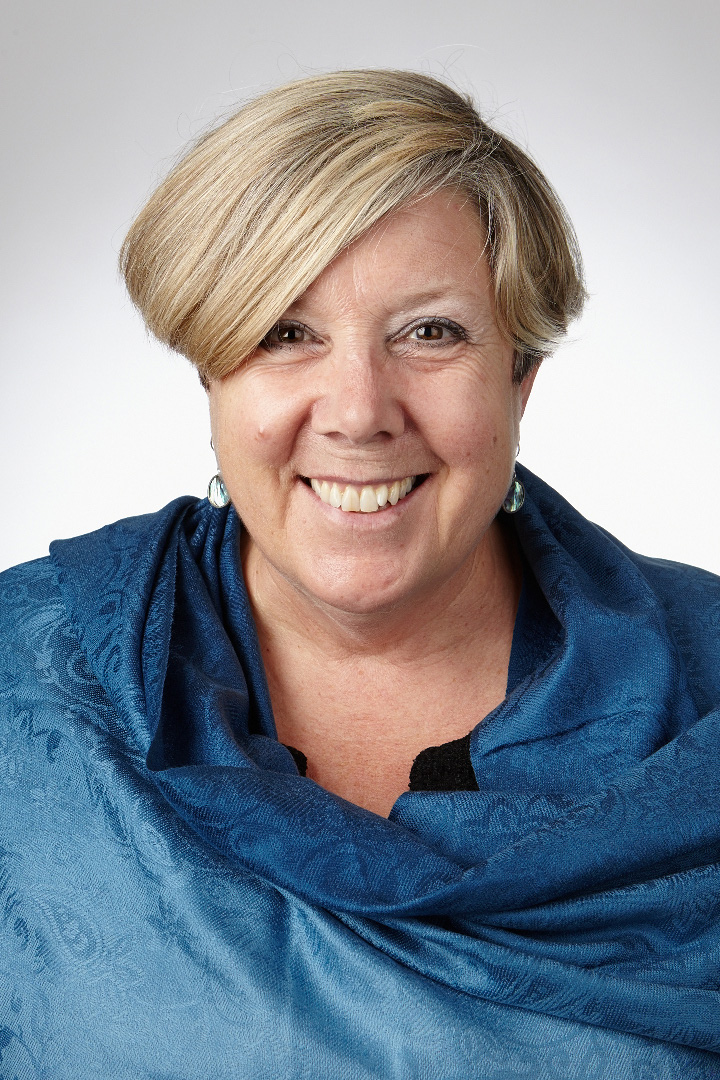20 May 2020
Article from April edition of INPractice
Our politicians really do appreciate nurses, midwives and care workers...just not as much when it comes to funding them. This is according to internationally renowned authority on regulation in nursing Professor Mary Chiarella.
 Professor Mary Chiarella.
Professor Mary Chiarella.
“Of course, they see our worth and you only have to listen to pollies
talking and it’s always how wonderful they think we are,’’ says Prof
Chiarella.
“Until they have to pay for it …that we’d be even more wonderful if we were cheaper.
“Well tough luck. You don’t get good workers by paying peanuts.’’ Prof Chiarella, Professor of Nursing at Sydney Nursing School, has a more than 40-year career in the profession, including as chair of the Australian Nursing and Midwifery Council. As a highly respected member of the nursing community, she established the world’s first professional doctoral degree in midwifery (Doctor of Midwifery), was Chief Nursing Officer for NSW Health and even had a stint in Geneva on the invitation of the WHO Nursing and Midwifery Directorate, reviewing and developing primary health care models for dozens of countries.
As guest speaker at this year’s ANMF (SA Branch) 2020 Professional Conference, Prof Mary, who is also qualified in law, will be canvassing the seismic shifts in the evolution of nursing and midwifery, from Florence Nightingale’s lamp-led revolution of the mid-1800s to the more pressing issues of the near future.
One of the “huge” seismic shifts in the 20th Century, she says, was the move of nursing into tertiary education. “Because it enabled us to actually be recognised, along with the other health professions, for our expertise and our skills.’’
A far cry from when Florence Nightingale wanted to make nursing a higher vocation in the 19th Century. Prior to Ms Nightingale’s revolution, nurses were regarded as a lowly lot, performing menial, mundane tasks befitting mainly elderly women of meagre means. Today nurses are highly respected by the community at large. But remarkably the menial tag still sticks occasionally.
“My son changed careers later in life from working in HR - he has an MBus (Master of Business) and has become a nurse by doing a Graduate Entry Masters’ degree in nursing … he has found nursing deeply satisfying,’’ Prof Chiarella says. “However, he found the initial reactions of some of his colleagues really interesting. They would make comments like ‘Why are you doing nursing, you’re really smart?’.
“Certainly, in Sydney University where I work, the entry requirements to get into all the nursing courses there are very high. Yet you can still encounter the view that it’s a bit menial.’’
Prof Chiarella says what many people don’t grasp is just how psychologically demanding nursing can be. “One of the things I firmly believe is that if you were doing something like helping someone who maybe was incontinent, it is actually an act of great tact and psychological complexity,’’ she says. “To help that person feel safe and for their self-esteem and dignity to be maintained requires skill and compassion.’’
Certainly nursing’s image has skyrocketed since the gloom and grime of Nightingale’s Victorian era, with a report by the All-Party Parliamentary Group on Global Health listing what it calls the “Triple Impact” effect of nursing, showing how developing nursing will improve health in societies, promote gender equality and support economic growth (by empowering women economically and as community leaders).
“The International Year of the Nurse and the Midwife is the very first time that any profession has actually been the subject of an international year, so it’s a really big deal,’’ Prof Chiarella says.
“And the Nursing Now campaign, which is this global campaign to get this ‘triple impact’ factor recognised and to raise the profile of the nursing profession, it’s such an important issue … nursing is absolutely critical to the health and wellbeing of the community.’’
As for the next challenge? “One of the big difficulties that we have is finding ways to retain our increase in student nurses when they graduate … that’s been a really big issue around the country,’’ Prof Chiarella says. “In some areas a few years ago up to 50 per cent of our new graduates couldn’t get placements for their transition year.
“My view is that fundamentally what is really important is that we look after the graduates, however many we have. That they actually have places to work, they are cared for, they are nurtured (to counter the predicted shortage of nurses).’’
“Our strength is in our numbers … and our weakness is in our numbers,’’ she adds. “Our strength is in our numbers if we are political. Nurses don’t really like to think of themselves being political, yet not being political is a profoundly political act.
Because if you’re not being political, then someone else is in the ear of government. “One of the difficulties for us is when governments look at costs, our great numbers are the things that they see as the cost … and that becomes our weakness.
However, there is plenty of global evidence to demonstrate that higher numbers of well-educated registered nurses reduce costs by reducing adverse events.
“So, our need to be astutely aware of the politics of health, it’s absolutely critical and so if we are political then there is strength in our numbers.’’
The ANMF (SA Branch)’s Annual Professional Conference
Wednesday, 14 October and Thursday 15 October 6 at the ANMF (SA Branch) Conference Centre
191 Torrens Road, Ridleyton, South Australia.
Professor Mary Chiarella will speak on Day 2, Thursday 15 October.
Registrations now open:
www.anmfsa.org.au/apc2020
Click here to read the April 2020 edition of INPractice.